Kati Marton likens Prime Minister Viktor Orban's war against George Soros to the persecution of Jews and the communist rampage, - Hungary's liberal press trumpeted out the opinion of a central figure in the deep state which also intervened in Hungarian political process. The 74-year-old American-Hungarian Kati Marton - actually Márton, but the accent has worn off since her emigrating from Hungary in 1957 - told the Budapest Forum 2022, co-organized by the Gergely Karacsony- led capital, that
as a result of Prime Minister Viktor Orban's reign, Hungarians have become a "stupid, ignorant society".
The Budapest-born writer/journalist, who has known Orban since 1989, also commented that the PM will have to give up his chumminess with Russia because it is detrimental in the Western world.
Many have collected much
Marton is also an international advisory board member of the US-based Action for Democracy (A4D)organization that became a central player in the so-called Hungarian Dollar Left. A4D, headed by David Koranyi, had interfered in Hungary's 2022 elections – deemed a national security risk by the Hungarian secret services – just as it supported the forces behind the centrist-liberal opposition in this year's parliamentary election in Poland. Most recently, the A4D staged an attack on Hungary's Sovereignty Protection Act. All of this foreshadows the nature of interventions that can be expected to sway the 2026 parliamentary elections, as well.
The intelligence report quotes the statement of the Hungarian opposition alliance's 2022 joint prime ministerial candidate Peter Marki-Zay, who said
Kati Marton and a lot of her friends have done a lot and raised considerable funds among both Hungarians and obviously non-Hungarians abroad, to make this campaign a success.
In the words of the politician himself, he is "infinitely grateful" for this, Magyar Hang wrote.
The question arises as to why someone would turn on the country of their birth to serve the forces of the deep state, when a political community of millions in Hungary has been supporting the current governing parties with a convincing majority for over ten years.
To gain some insight, we emailed Kati Marton, who lives in the US, in hopes of answers to our questions, but so far have not received a reply. Upon receiving a response, this article will be updated.
In the mean time, we turned to other sources for information and didn't have to dig too deep. Marton, who left Hungary with her family as an eight-year-old child, as we alluded to at the beginning, with the persecution of Jews and the dictator Rakosi's regime leaving deep psychological impressions on the young girl, leading to the development of what experts call fixations. The Marton family was persecuted in 1944, and Kati's parents - Endre and Ilona Marton (maiden name Nyilas) - were imprisoned for a time in the 1950s.






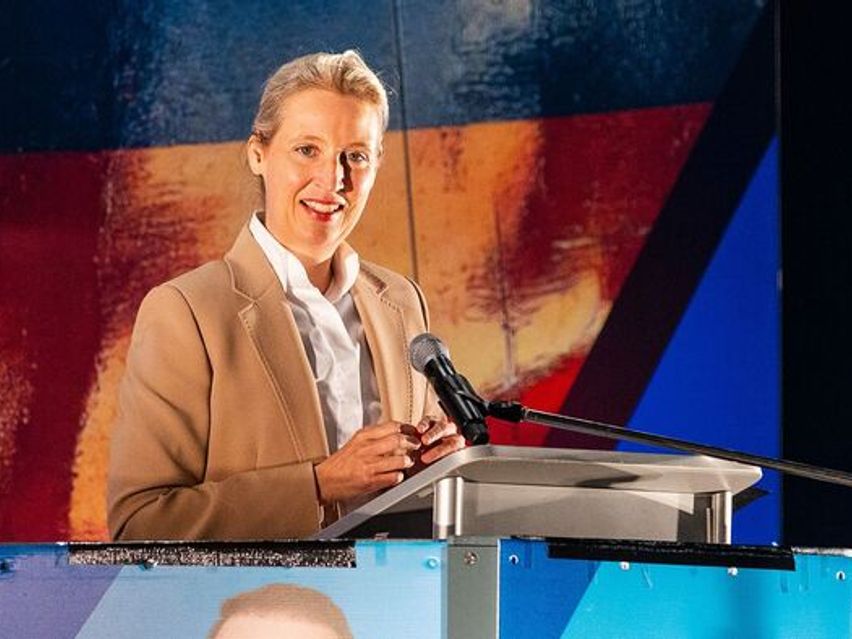

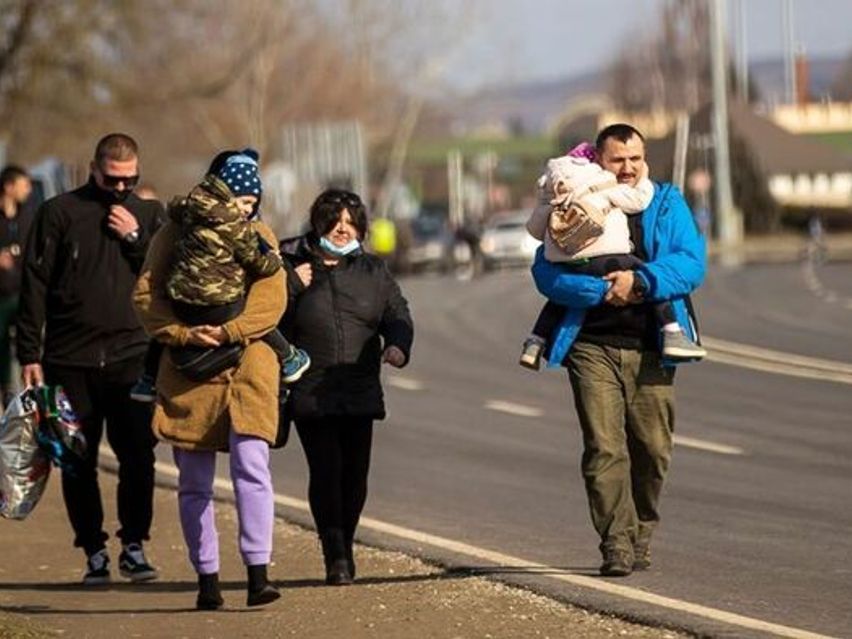





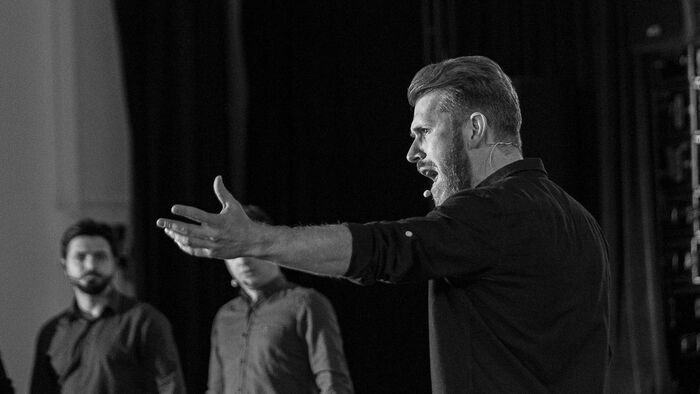





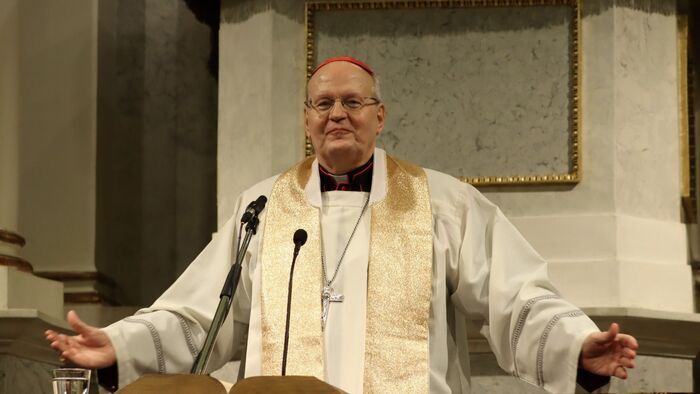
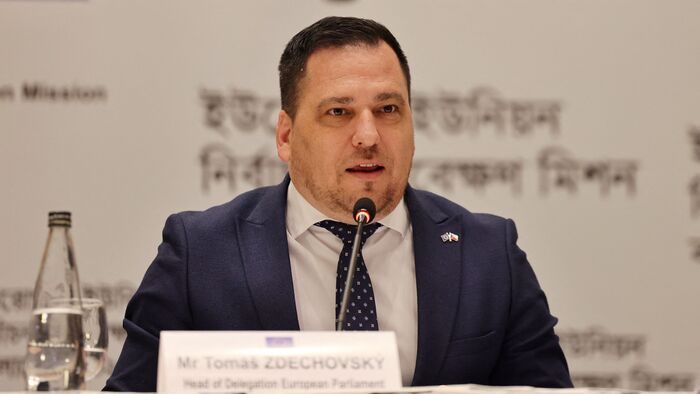

Szóljon hozzá!
Jelenleg csak a hozzászólások egy kis részét látja. Hozzászóláshoz és a további kommentek megtekintéséhez lépjen be, vagy regisztráljon!